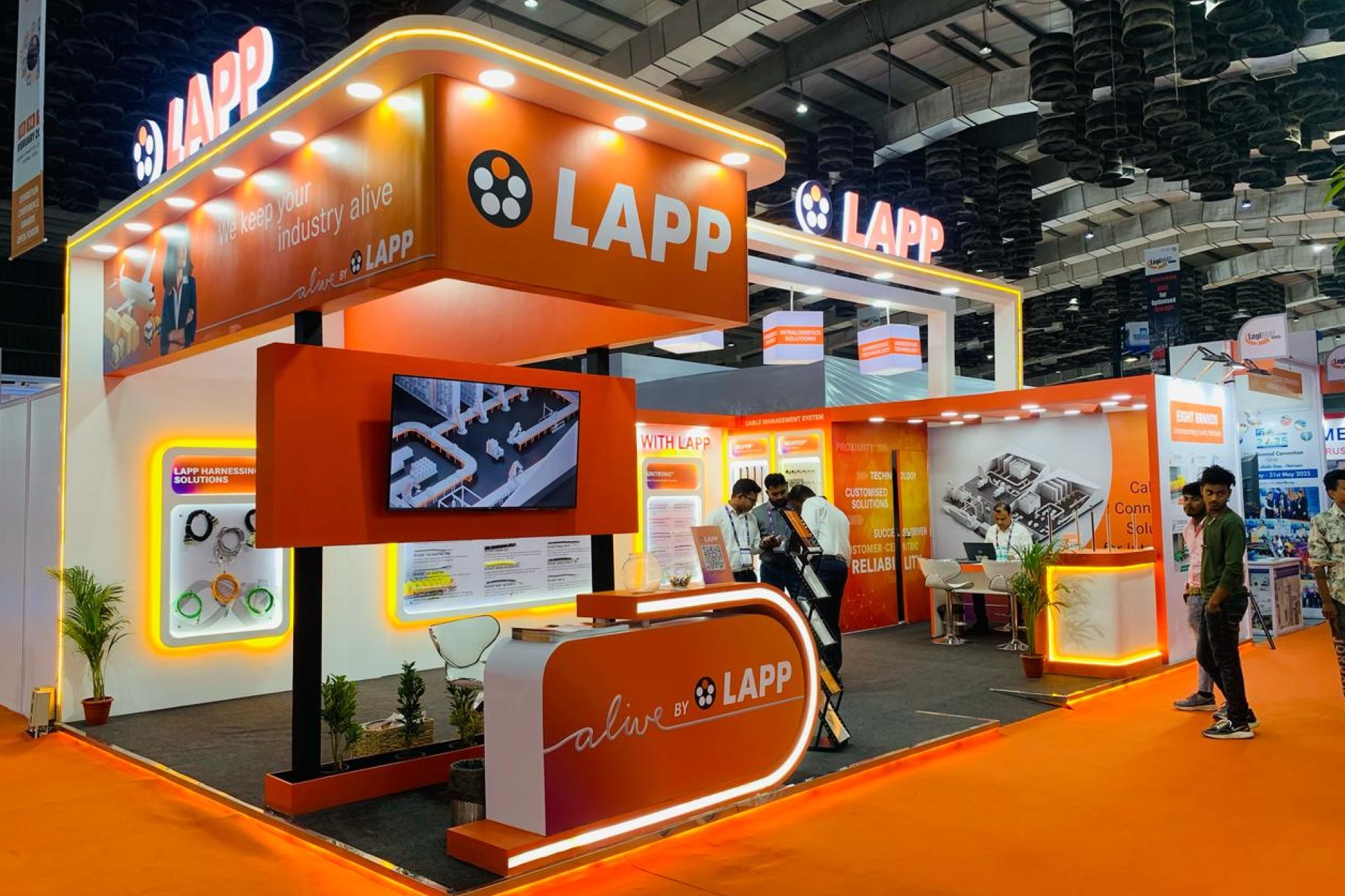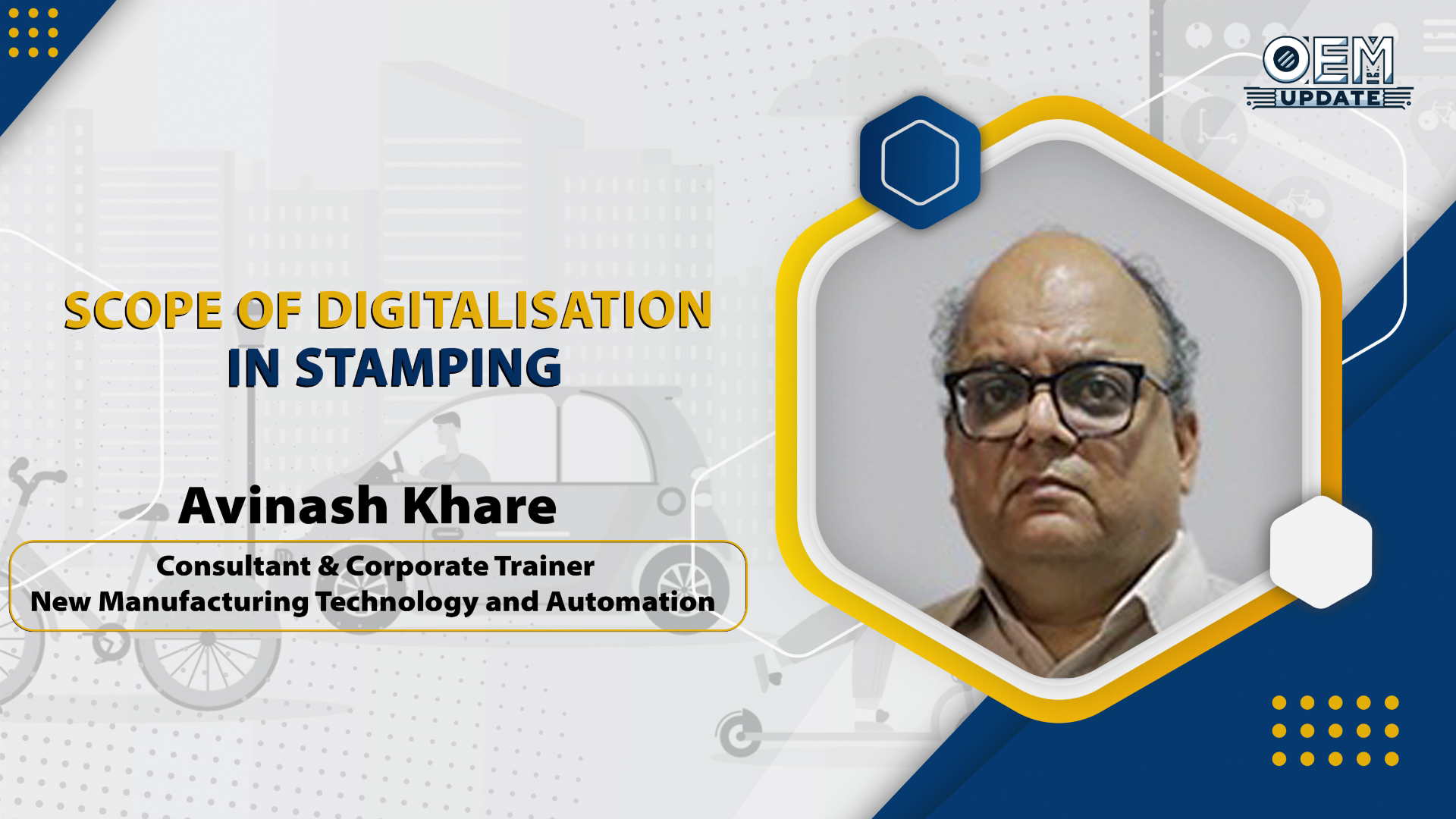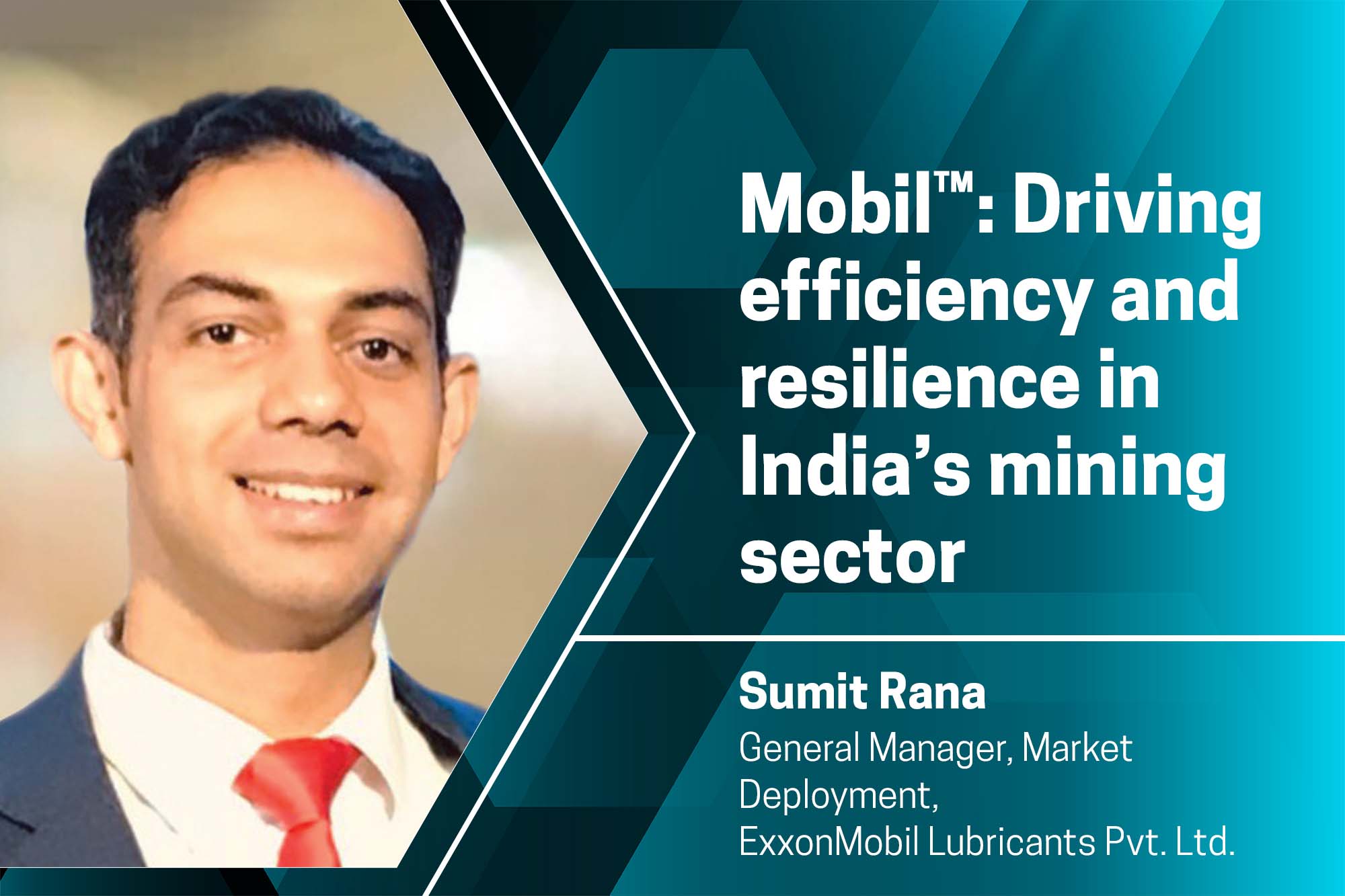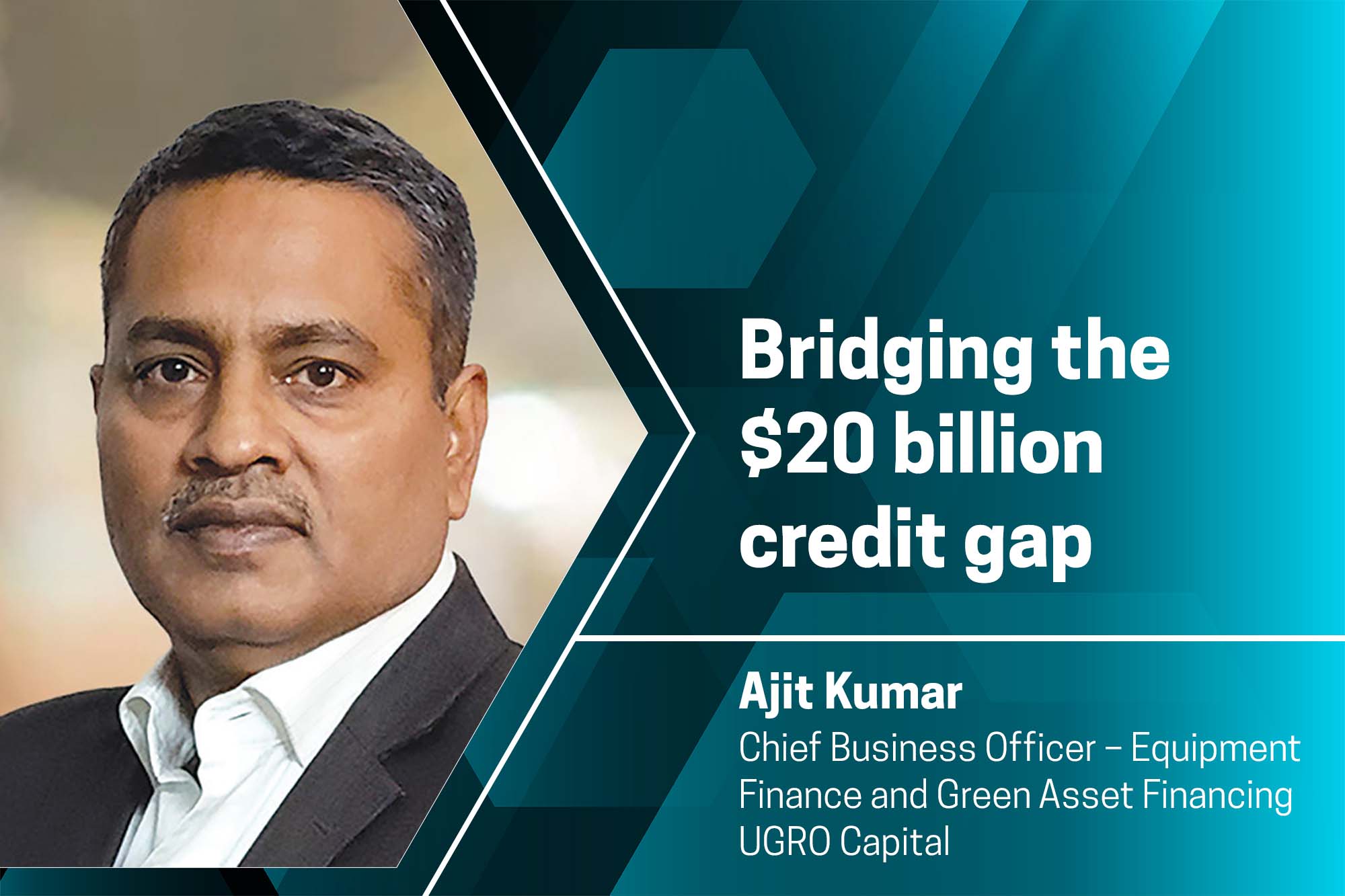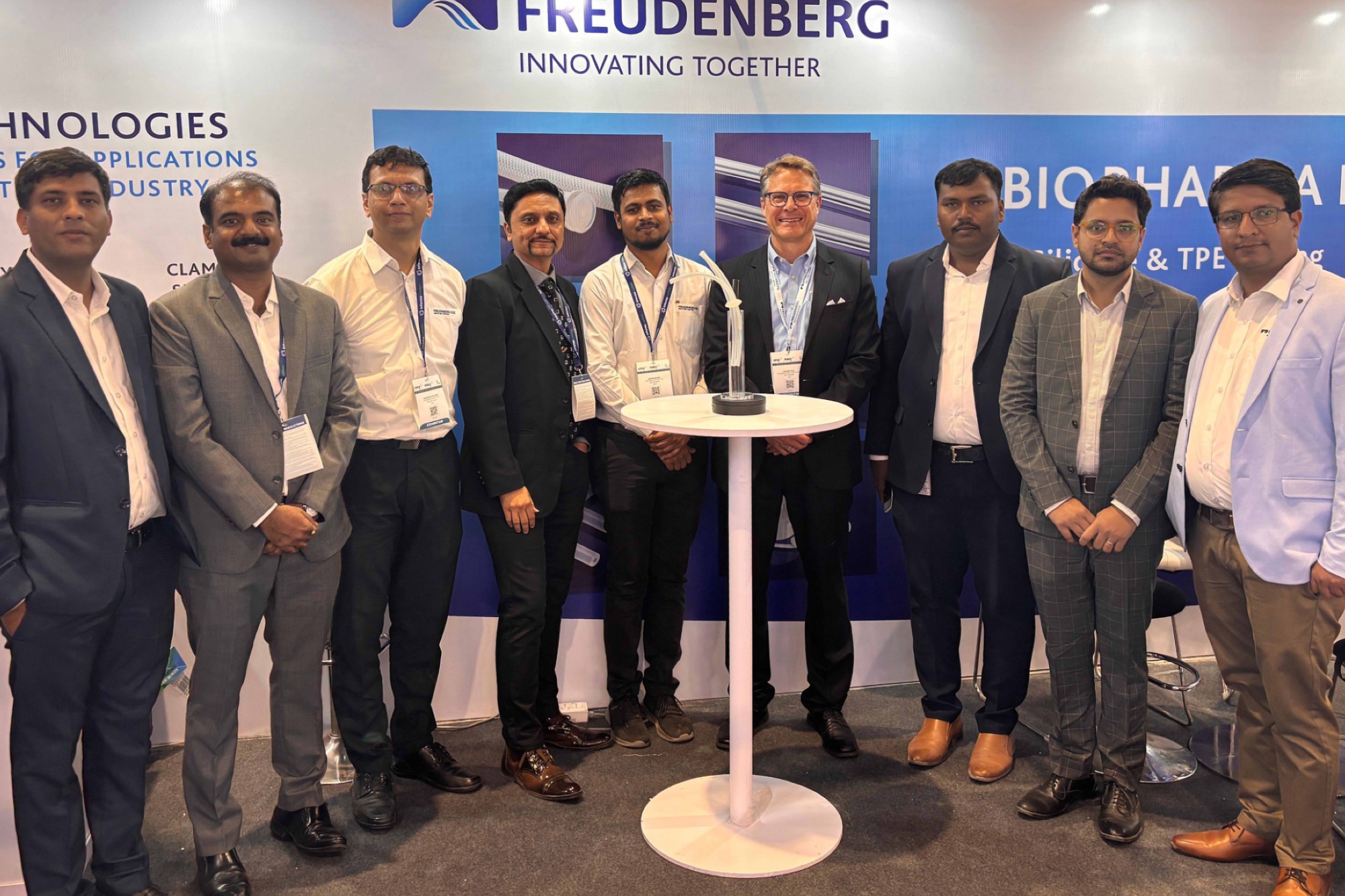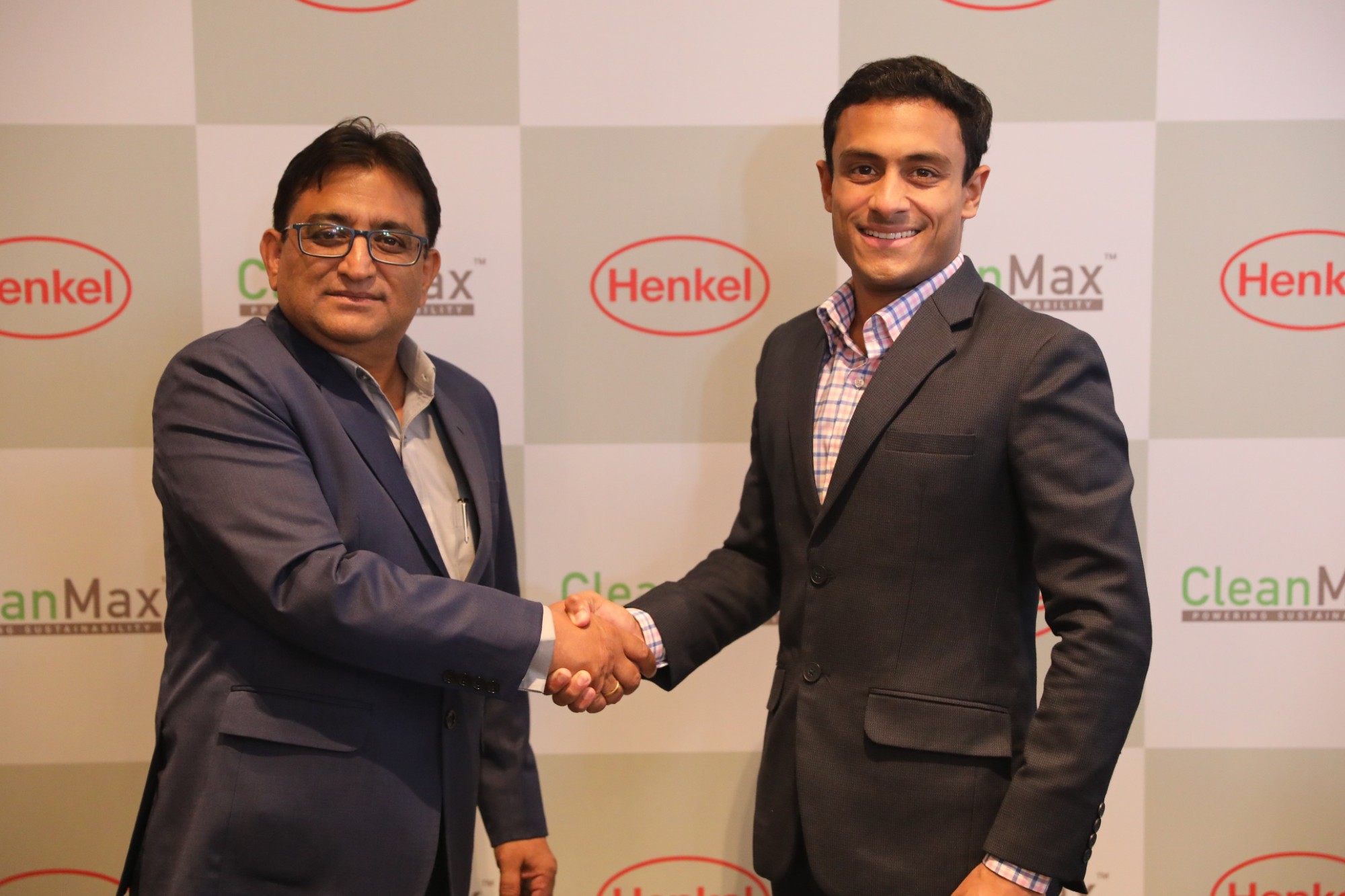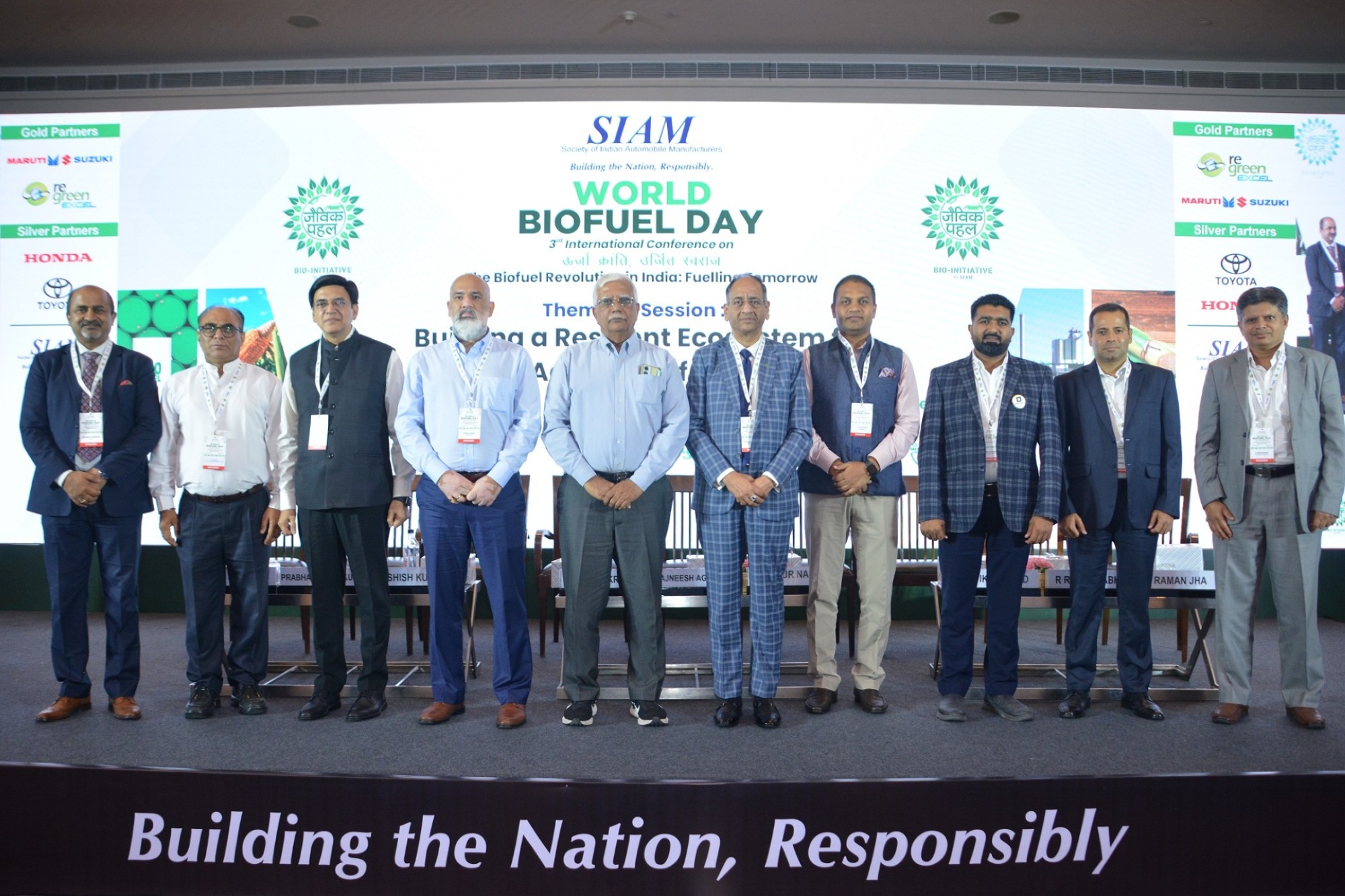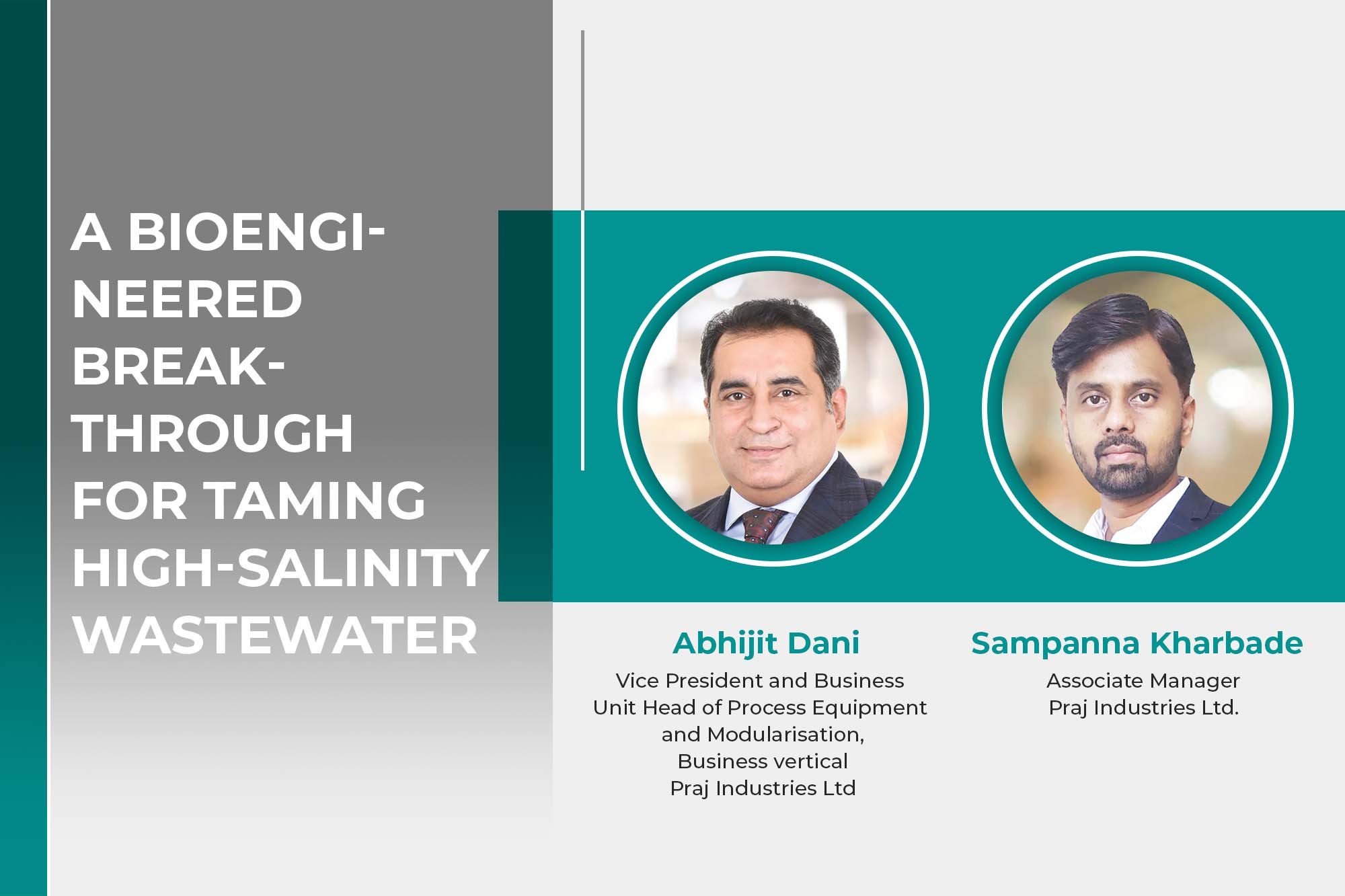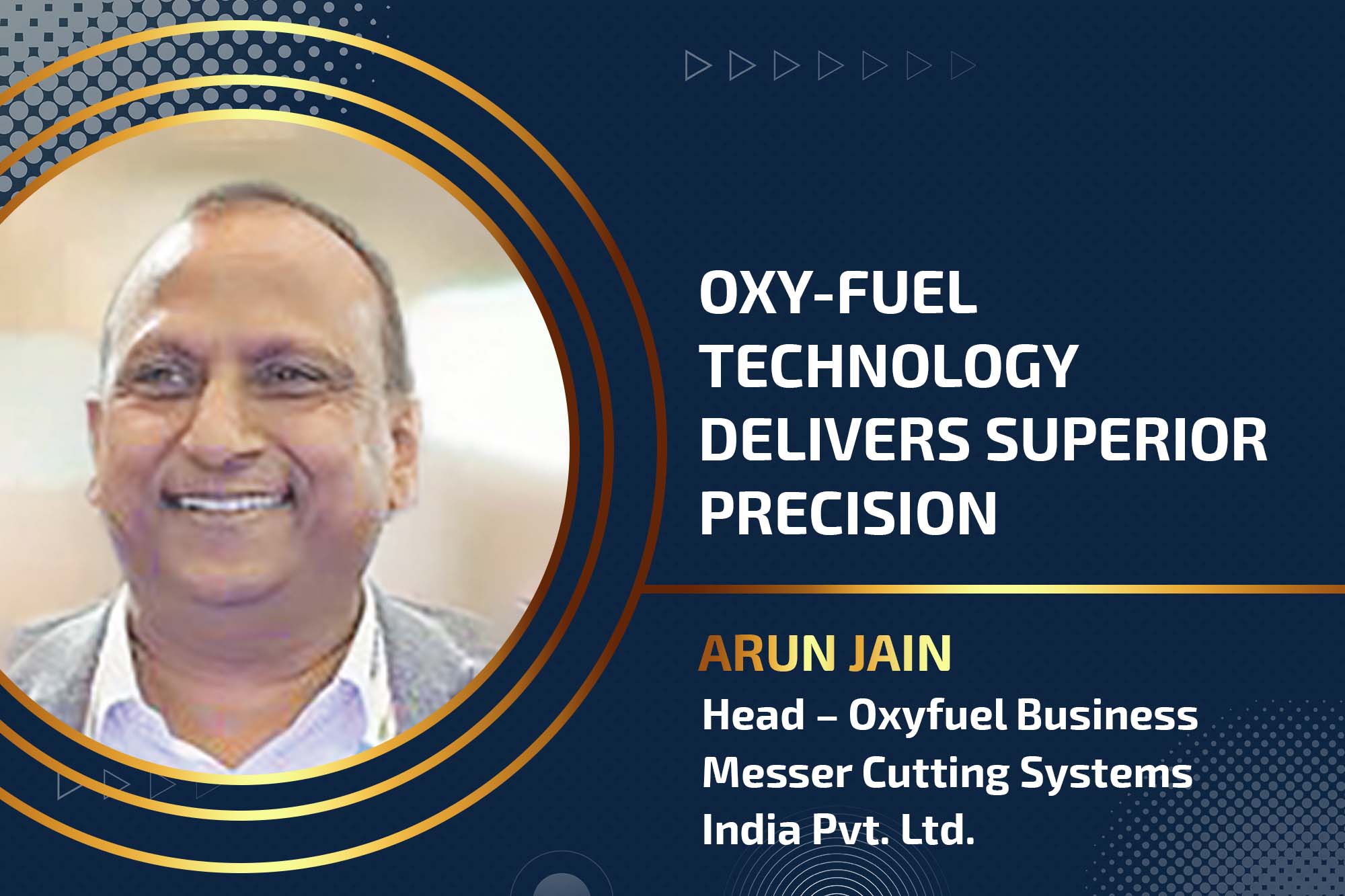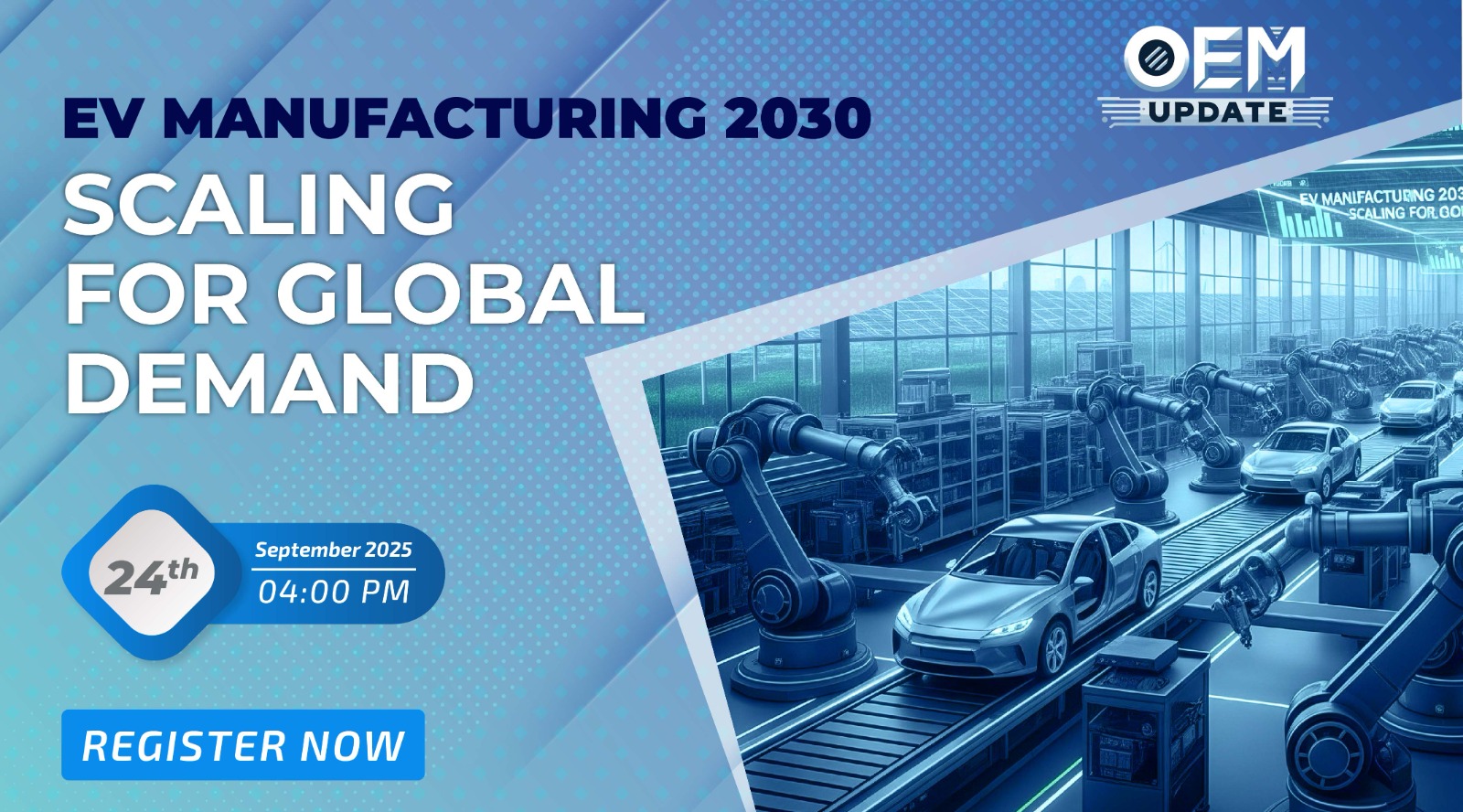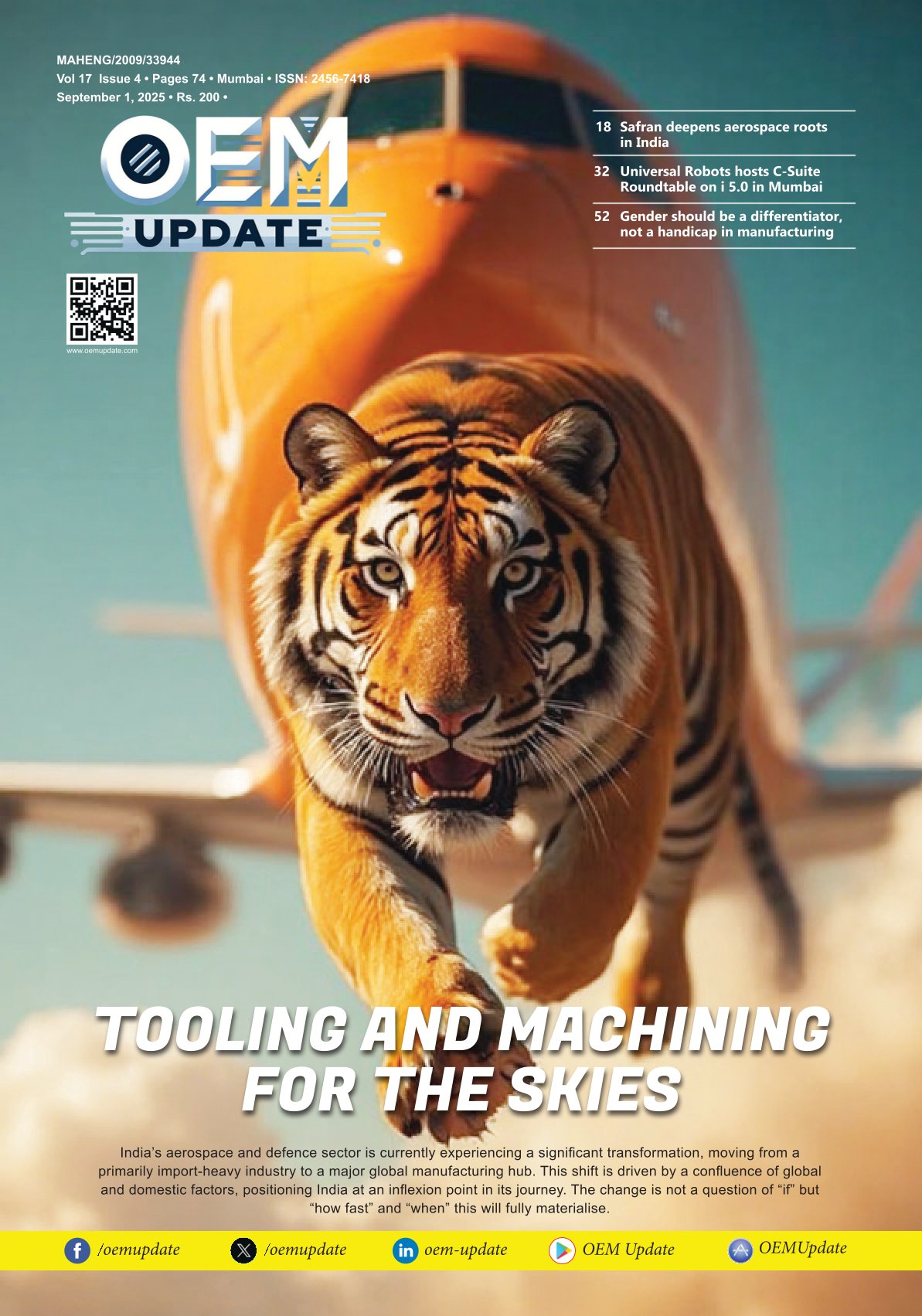Building a sustainable skilling ecosystem
By admin June 17, 2013 8:19 am IST
Indian manufacturing sector is facing a huge gap in quantity and quality of manpower available for hiring. GP Chandra Kumar, CEO, SkillSonics explains how to reduce the gap through the government and private industrial training institutes (ITIs) as well as polytechnics in a fast-track mode”
India’s education system has evolved considerably from the historic “guru-shishya” tradition to the current organised, knowledge-based exam-oriented education system. Although, we might be able to list the pros and cons of both the systems, there is one stark reality that we need to address the gap between market needs and output from the current education system. In India, the link between education and jobs is broken. This link needs to be re-established with the concerted, immediate efforts of all stakeholders looking at advancing and maintaining India’s growth projections.
The Indian manufacturing sector is growing at a rapid pace with current turnover exceeding $150 billion with CAGR of 5-8 per cent. The industry is facing a huge gap in quantity and quality of manpower available for hiring both at entry level and for existing technicians. The current capacity for vocational training (entry-level candidates) through government and private industrial training institutes (ITIs) and polytechnics is around 3 million per annum. Various studies have projected the need for skilled technicians at entry level. For this sector alone, the need would be around 40 million by the year 2022, which we need to gear up to in a fast-track mode.
The courseware, infrastructure and teaching methods adopted at many ITIs and polytechnics are out of tune with industry requirements for entry-level technicians. Many of the courses offered are not relevant and current to the industry as there is no feedback loop to incorporate the latest developments in the labour market into the curriculum offered. According to the World Economic Forum, only about 25 per cent of candidates are employable by industry.
Synergising the skilling ecosystemThere is a need to bring the vocational education ecosystem in India together to tackle these various issues of skilling India’s workforce. The link between industry and jobs has to be re-established in the skilling ecosystem. A Public-Private Partnership (PPP) approach where the industry leads in training their workforce with adequate support from government and other independent agencies (e.g. academia, freelance trainers) would be ideal to address the gaps in the long term. SkillSonics has developed this PPP approach to synergise existing stakeholders in the skilling ecosystem, by adapting key elements from the successful Swiss Vocational Educational and Training (VET) model.
Using this approach companies can select their technicians at entry level as apprentices, determine exacting and holistic training needs, define the curriculum and provide practical training infrastructure on their campus. The government supports by providing teachers from ITIs for theoretical training. The content with inputs from various Swiss organizations is customised to specific sector requirements and vetted by industry participants to keep it up to date. Company instructors and ITI teachers also should undergo train the trainer programmes to deliver content effectively to the apprentices in mentorship mode. This enables the entire ecosystem to orient toward market requirements and acquire skills of international standards improving overall productivity and competitiveness.
The apprentices receive theoretical and practical on the job training with international content. This ensures orientation to company systems and processes. During the training, apprentices go through rigorous assessment to be certified to global standards. They would also have an opportunity to receive Swiss diploma/certification along with Indian vocational training certification on completion of training. The company training should also incorporate soft-skills modules that enable the apprentice to be more productive at work, inculcate the learning ethic and equip him/her with a better approach to work in general. Building the skilling ecosystemThis approach to vocational training inherently provides for alignment to the industry’s demand for skilled talent. As companies select technicians as apprentices and commit to their training, the company’s objectives for skilled technicians are being met. The content delivery (theoretical and practical) and rigorous assessment ensure global skill levels in trained apprentices, thus improving employability of these apprentices in the companies and setting them on a potentially promising career path. This VET approach with its international quality level will also help in attracting good talent to the vocational space currently perceived as lower in status as a career option. In the long term, this PPP model should be able to create a sustainable skilling ecosystem which addresses skill shortages at various levels.
Cookie Consent
We use cookies to personalize your experience. By continuing to visit this website you agree to our Terms & Conditions, Privacy Policy and Cookie Policy.




